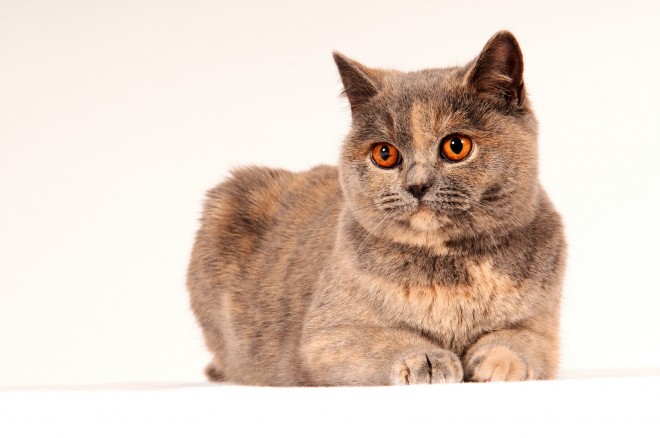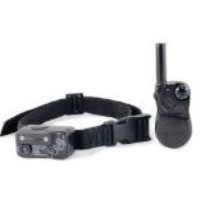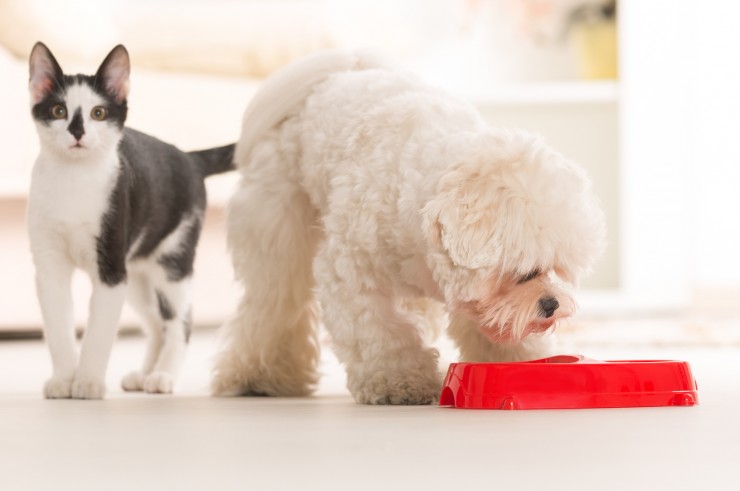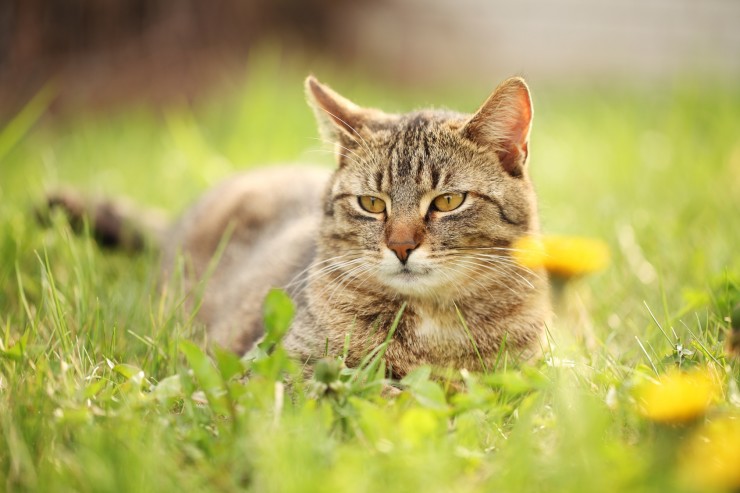
Even though horses don't vocalise as much as we do, this doesn't mean they're not communicating. Horses communicate all the time through body language and sounds and they're constantly reading our body language so you may as well learn to understand what your horse is telling you.
Groaning: Just like us, horses sometimes groan, but a groan can also be an indication that the horse is in pain so if you are unsure what is going on with the horse, you should have him checked by the veterinarian.
Some horses grunt or groan over fences but seem healthy and happy, so there's usually nothing to worry about, it could be a habit but if the horse groans on landing from a fence and pins his ears back or rolls his eyes then something is definitely wrong and the horse is probably in pain and should be checked by the vet.
Horses sometimes groan with certain riders, especially those who thud on their backs like sacks of potatoes. Some horses emit a groan when work is over but it's always a good idea to keep an eye on a horse that groans to determine if further investigation should be done to rule out pain and discomfort.
Sighing: Horses sometimes sigh by drawing in a deep breath and letting it out slowly through their mouth or nostrils. Sometimes these sighs seem to convey a sigh of relief, for example when the horse is being groomed or massaged. There's a sigh that horses give when they're given repetitive work to do which could signify boredom. If your horse sighs during a training session it could be a cue for you to try something else.
Snorting: A louder version of the equine sigh is the snort or when the horse blows air out of his nostrils so they vibrate. This usually signifies that the horse is excited and the sound is infectious, his stablemates will soon start doing the same. This excitement can escalate and the horse may start to become difficult to manage, signs of this escalation include a head held high, lifted tail and even more snorting.
Snorting can also mean the horse is a bit wary of something, you may notice this when out riding and your horse seems startled by something along the way, horses will sometimes snort at an unfamilliar or threatening object.
Nickering: Nickering is perhaps one of the most pleasant sounds horses make. It usually means the horse is happy and anticipating something nice such as a treat or a carrot. It can also be a sign of affection, mares nicker to their foals. You will notice horses nickering when feeding time approaches and a horse impatient for his food will emit a rapid and high pitched sound.
A soft nicker can also signify that the horse is nervous or apprehensive and when combined with pacing, eye rolling and ears that are flickering back and forth it means the horse is feeling threatened and should be immediately removed from the situation.
Neighing: Neighing can mean confidence or anxiety depending on the horse's body language. A horse turned out at pasture may anxiously call to his stablemates. Sweating and agitation accompanied by nervous or high pitched neighing means the horse is anxious. A bugling type of neigh where the horse has a confident body carriage with ears pricked forward signifies happy anticipation or interest in an approaching object.
As you can see horses are always communicating, just because we don't usually understand what they're saying, doesn't mean they're not saying something. Learning to understand your horse's language will strengthen the bond between you.
Stal Amani can help you find the right horse or pony for you or your child. Whether you're looking for a beginner's pony or a Grand Prix level dressage or Show Jumper, Stal Amani offers you the unique opportunity to try before you buy because we understand the importance of matching the right horse to the right rider. http://www.stalamani.com
 Six Cat Breeds That Originate In The Uk
Six Cat Breeds Th
Six Cat Breeds That Originate In The Uk
Six Cat Breeds Th
 Arguments For And Against Dog Shock Collars
Are Dog Shock Collars Cruel? Dog shock collars are a co
Arguments For And Against Dog Shock Collars
Are Dog Shock Collars Cruel? Dog shock collars are a co
 Five Top Tips For Keeping Your Dog Away From The Cat Food!
Five Top Tips For
Five Top Tips For Keeping Your Dog Away From The Cat Food!
Five Top Tips For
 Five Safe And Effective Ways To Keep Your Cat Out Of Parts Of Your Garden
Five Safe And Eff
Five Safe And Effective Ways To Keep Your Cat Out Of Parts Of Your Garden
Five Safe And Eff
 Joint Injuries In Dogs
Joint Injuries In
Joint Injuries In Dogs
Joint Injuries In
Copyright © 2005-2016 Pet Information All Rights Reserved
Contact us: www162date@outlook.com